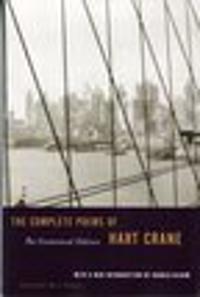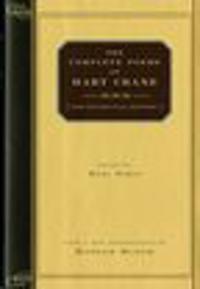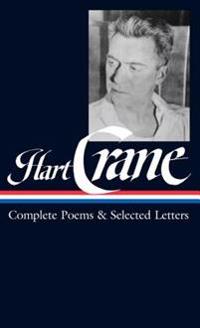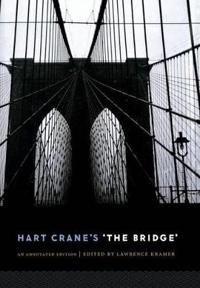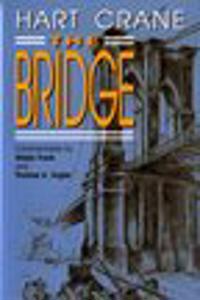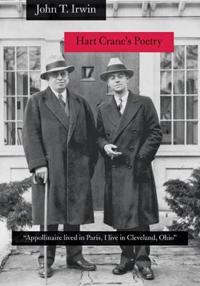The Complete Poems of Hart Crane (Pocket)
avHart Crane, Marc Simon, Marc Simon
ISBN: 9780871401786 - UTGIVEN: 200104This edition features a new introduction by Harold Bloom as a centenary tribute to the visionary of White Buildings (1926) and The Bridge (1930). Hart Crane, prodigiously gifted and tragically doom-eager, was the American peer of Shelley, Rimbaud, and Lorca. Born in Garrettsville, Ohio, on July 21, [...]
Complete Poems of Hart Crane (Inbunden)
avHart Crane, Marc Simon, Marc Simon
ISBN: 9780871406569 - UTGIVEN: 200004Born on 21 July 1899, Hart Crane died at sea on 27 April 1932. Despite much critical misunderstanding and neglect, in his own time and in ours, Crane achieved a superb poetic style, idiosyncratic yet central to mthe American tradition. Marc Simon's text is accepted as the authoritative presentation [...]
Hart Crane: Complete Poems and Selected Letters (Inbunden)
avHart Crane, Langdon Hammer
ISBN: 9781931082990 - UTGIVEN: 2006-10A definitive collection of writings by the complicated American poet includes his complete body of poetic and prose works as well as a generous selection of his letters, in a volume that offers insight into his tempestuous relationships with family members and such contemporaries as Allen Tate, Mari[...]
Hart Crane's 'The Bridge'
ISBN: 9780823233076 - UTGIVEN: 2011-03Hart Crane's long poem The Bridge has steadily grown in stature since it was published in 1930. At first branded a noble failure by a few influential critics- a charge that became conventional wisdom-this panoramic work is now widely regarded as one of the finest achievements of twentieth-century Am[...]
The Bridge (Pocket)
avHart Crane
ISBN: 9780871402257 - UTGIVEN: 199207Begun in 1923 and published 1930, The Bridge is Crane's major work. "Very roughly," he wrote a friend, "it concerns a mystical synthesis of 'America' . . . The initial impulses of 'our people' will have to be gathered up toward the climax of the bridge, symbol of our constructive future, our unique [...]
Hart Crane's Poetry (Inbunden)
avJohn T. Irwin
ISBN: 9781421402215 - UTGIVEN: 2011-11In one of his letters Hart Crane wrote, "Appollinaire lived in Paris, I live in Cleveland, Ohio," comparing-misspelling and all-the great French poet's cosmopolitan roots to his own more modest ones in the midwestern United States. Rebelling against the notion that his work should relate to some Eur[...]

